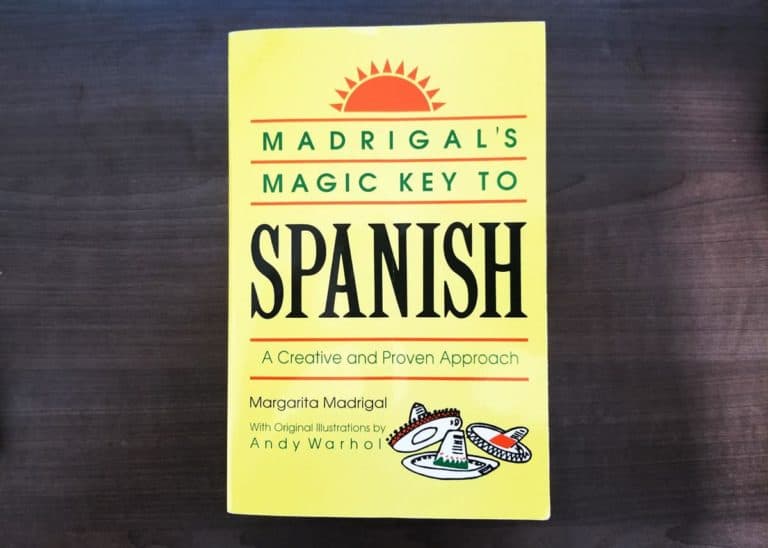When Do I Use the Spanish Tú or Usted?
When do I use the Spanish tú or usted? This a very common question that comes up among expats learning Spanish.

What Does Tú and Usted Mean in English?
Both tú and usted are Spanish for the word: you.
Unlike in English, the word “you” in Spanish comes in two varieties: tú (informal) and usted (formal). And while the rules might seem straight forward, it won’t be intuitive for native English speakers.
- Tú (Informal): Generally speaking, you’ll use tú when addressing close friends, peers, and children.
- Usted (Formal): You’ll use usted with employers, strangers, and people who are older than you.
The sierra region of Ecuador (Cuenca and Quito) is quite formal – often defaulting to the formal. In contrast, the coastal regions of Ecuador (and much of Central America) are informal and automatically default to the informal tú.
See our reader’s choice: The Best Book to Learn Spanish
When to Use the Spanish Tú or Usted
Another Spanish lesson: Learn how to say the letters and sounds in Spanish
The Tú vs Usted Dilemma isn’t Just For Expats
The question of whether to use tú or usted doesn’t only confuse expats. The act of using the informal tú even has it’s own verb: tutearse. According to SpanishDict, tutearse means to address each other as “tú”.
As we developed relationships in Ecuador, friends would often say “tutearme,” because they wanted us to speak to them in the informal. In Cuenca, this is significant and means that you’re gaining the trust of the person.
People raised on Ecuador’s coast, will often address almost everyone they meet informally. And, we’ve seen parents in Cuenca address their children with the formal usted. There is no rule – except to be aware of how it’s done locally.
It’s usually safest to use the formal at first. You can ask individuals what they prefer. Or just listen for how the locals address each other in public settings.
As you develop friendships, you will likely want to express your feelings. Here’s how to say “I love you” in Spanish.
Your Turn
What tips (or stories) do you have to share about using tú or usted?






When I was in Buenos Aires it was very confused but, the didn’t worry.
Thanks a lot.
Of course English does have a formal and informal version of ‘you’. Within living memory the working class in Britain would use ‘thee’ and ‘thou’ in the informal. In parts of Yorkshire today it is still widely used. Just read some D.H Lawrence.
True enough!
But probably not many English (or ESL) speakers worry too much about the formal/informal you/thee in recent decades.